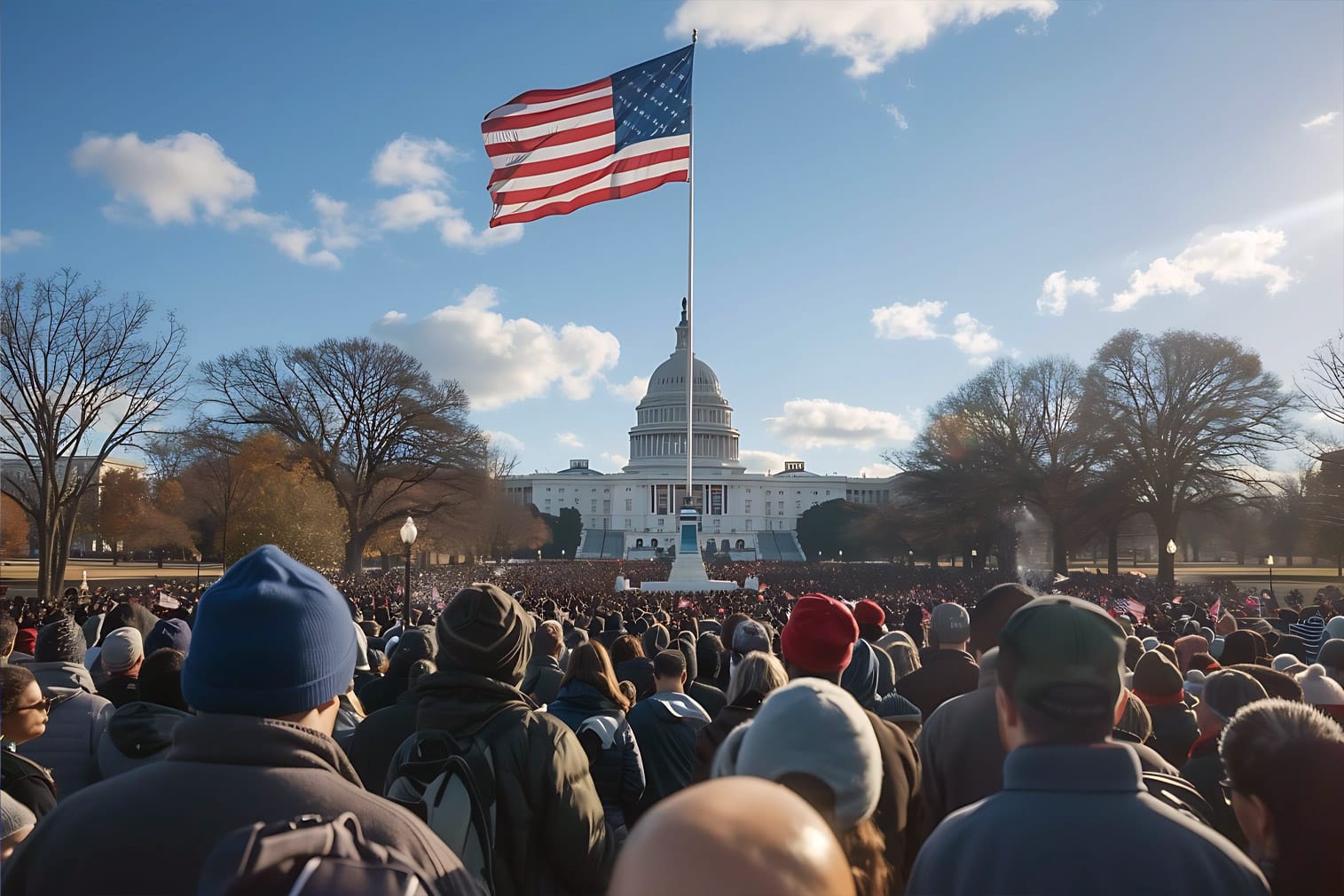How the U.S. Government Shutdown Could Impact Global Markets
Markets hate uncertainty and the ongoing U.S. government shutdown is bringing plenty of it. From federal workers furloughed and key reports delayed, the ripple effect on your trading is already underway.
Read on to find out what caused the shutdown, why it is much more than just a political headache, and how you can use it to your advantage in your trading strategy.
Reasons for U.S. Government Shutdown
It all began at 12:01 a.m. EDT on October 1 (which is the start of the 2026 fiscal year) when the U.S. federal government officially entered a shutdown.
Why? There were disagreements over funding in the following areas:
-
Federal Spending Levels: Disputes over budget allocations for various government programs.
-
Foreign Aid Rescissions: Proposals to reduce or eliminate foreign aid funding.
-
Health Insurance Subsidies: Debates over the continuation and extent of health insurance subsidies.
No End in Sight – For Now
As of today, October 8, 2025, the shutdown has been going on for 8 days with no immediate resolution in sight. The Senate has repeatedly rejected funding bills, and disputes over back pay for furloughed workers have put even more pressure on negotiations.
So, the quick answer to the question “when will the shutdown end?” is “it ends when it ends.” Keep an eye on the news for updates on the matter.
Social Disruptions Turn into Market Disruptions
The ongoing shutdown is creating ripple effects that traders and investors should watch closely.
Here are three areas with immediate market relevance:
-
Delays in Social Security COLA Announcement: The shutdown has paused the release of Consumer Price Index data, preventing the Social Security Administration from announcing the 2026 Cost-of-Living Adjustment (COLA). Millions of retirees face uncertainty, potentially affecting consumer spending and market confidence.
-
Air Travel Disruptions: Staffing shortages at the FAA have caused major flight delays at key U.S. airports, disrupting logistics and supply chains. Businesses that depend on timely deliveries may face delays and increased costs, while consumer confidence could also be affected.
-
Federal Contractor and Service Delays: About 1 million federal contractor employees have been affected by the shutdown, delaying projects and payments for small businesses and government-dependent sectors. These disruptions can increase operational costs and slow economic activity in affected industries.
Financial and Market Implications
The U.S. government shutdown doesn’t just affect federal operations; it also reverberates through global financial markets. Traders, investors, and businesses alike need to understand the potential impacts and how to navigate them.
-
Equity Markets: Shutdowns fuel volatility in U.S. indices like the S&P 500, Dow, and Nasdaq. Government-dependent sectors, like defense, healthcare, and infrastructure, are hit hardest, with even brief funding gaps sparking sharp swings.
-
Forex Impact: The U.S. Dollar can weaken if the shutdown drags on, but safe-haven demand may temporarily boost it. Emerging markets tied to the USD can feel indirect pressure, affecting forex strategies.
-
Commodities: Oil, natural gas, and gold can see price swings as delayed economic data shifts demand forecasts. Gold often benefits from uncertainty as traders seek safe-haven assets.
-
Investor Sentiment: Risk-aversion rises, pushing investors toward Treasuries, gold, and other secure assets. Equities may see outflows, creating short-term trading opportunities for those ready to act.
Trading Opportunities and Risks
The shutdown creates both challenges and opportunities for traders.
Here are some ways traders can navigate the risks and seize opportunities during the shutdown:
-
Volatility Strategies: Use VIX derivatives or forex hedges to protect positions or capitalize on market swings.
-
Short- vs. Long-Term Positions: Adjust exposure in U.S. equities and commodities depending on risk appetite and market trends.
-
Watch Economic Releases: Delayed reports can trigger sharp moves. Stay informed so you can keep on top of your trading.
Even amid a government shutdown, traders can turn uncertainty into opportunity. Watch for delayed economic reports, adjust positions in equities, commodities, and forex, and use volatility to your advantage.
Staying informed is key to navigating the market swings and spotting strategic openings before the broader market reacts.
Summary Box
-
The U.S. government shutdown started October 1, 2025, and shows no signs of ending soon.
-
Funding disputes over federal spending, foreign aid, and health subsidies caused a political deadlock.
-
Social Security COLA delays, air travel disruptions, and federal contractor issues are creating real-world effects.
-
U.S. markets are volatile. Equities, commodities, and the dollar are all reacting to uncertainty.
-
Traders can use volatility to their advantage with hedges, strategic positioning, and careful monitoring of delayed reports.
-
Global markets feel the ripple. Trade, supply chains, and investment flows are affected worldwide.

